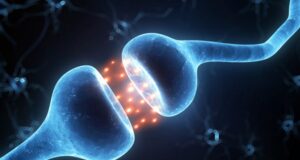
Announcing a new publication for Acta Materia Medica journal. Cancer has been a severe public health and social problem, a leading disease that has diminished the quality of life, and a barrier to improving life expectancy. Neocryptolepine is an indole-quinoline alkaloid isolated from Cryptolepis sanguinolenta which grows in some African countries.
This article summarizes the structures of 228 neocryptolepine derivatives, including 84 neocryptolepine derivatives synthesized by our laboratory, and analyzed the cytotoxic effects and mechanism of action at the cellular level. Neocryptolepine derivatives 43, 65, 93, and 96 have good cytotoxicity against gastric cancer AGS cells and the IC50 value reached 43 nM, 148 nM, 2.9 μM, and 4.5 μM, respectively. The IC50 values of compounds 64 and 69 on colorectal cancer HCT116 cells reached 0.33 and 0.35 μM, respectively.
The structure-activity relationship of these compounds is discussed; Topoisomerase II is discussed as a possible inhibition target of neocryptolepine derivatives in several cancer cell lines by binding DNA. The structures of the reported neocryptolepine derivatives and the possible cytotoxic mechanisms are analyzed. This review provides a fundamental reference for anticancer drug development of neocryptolepine and its derivatives as anti-tumor agents.
Source:
Journal reference:
Ma, Y., et al. (2024) Research advances in anti-cancer activities and mechanism of action of neocryptolepine and its derivatives. Acta Materia Medica. doi.org/10.15212/AMM-2024-0054.




